
This coming Sunday is the Twenty-Sixth Sunday in Ordinary Time. To help you prepare to enter more deeply into Matthew 21:23–32 at worship, here is an excerpt from The Navarre Bible commentary series.
The authority of Jesus is questioned
23 And when he entered the temple, the chief priests and the elders of the people came up to him as he was teaching, and said, “By what authority are you doing these things, and who gave you this authority?” 24 Jesus answered them, “I also will ask you a question; and if you tell me the answer, then I also will tell you by what authority I do these things. 25 The baptism of John, where was it from? From heaven or from men?” And they argued with one another, “If we say, ‘From heaven,’ he will say to us, ‘Why then did you not believe him?’ 26 But if we say, ‘From men,’ we are afraid of the multitude; for all hold that John was a prophet.” 27 So they answered Jesus, “We do not know.” And he said to them, “Neither will I tell you by what authority I do these things.[1]
21:23–27. When the chief priests and elders ask “By what authority are you doing these things?” they are referring both to his teaching and to his self-assured public actions—throwing the traders out of the temple, entering Jerusalem in triumph, allowing the children to acclaim him, curing the sick, etc. What they want him to do is to prove that he has authority to act in this way or to admit openly that he is the Messiah. However, Jesus knows that they are not well-intentioned and he declines to give them a direct answer; he prefers to put a question to them that forces them to make their own attitude clear. He seeks to provoke them into examining their consciences and changing their whole approach.
Parable of the two sons
32 For John came to you in the way of righteousness, and you did not believe him, but the tax collectors and the harlots believed him; and even when you saw it, you did not afterward repent and believe him.[1]
21:32. St John the Baptist had shown the way to sanctification by proclaiming the imminence of the Kingdom of God and by preaching conversion. The scribes and Pharisees would not believe him, yet they boasted of their faithfulness to God’s teaching. They were like the son who says “I will go” and then does not go; the tax collectors and prostitutes who repented and corrected the course of their lives will enter the Kingdom before them: they are like the other son who says “I will not”, but then does go. Our Lord stresses that penance and conversion can set people on the road to holiness even if they have been living apart from God for a long time.[2]
To dig deeper in your own devotional time, contemplate these verses in the Verbum Bible Study software. Or, if you don’t yet own it, request The Navarre Bible: Saint Matthew’s Gospel—available this month at a special discount.
[1] The Holy Bible. (2006). (Revised Standard Version; Second Catholic Edition, Mt 21:23–27). San Francisco: Ignatius Press
[2] Saint Matthew’s Gospel. (2005). (pp. 142–143). Dublin; New York: Four Courts Press; Scepter Publishers

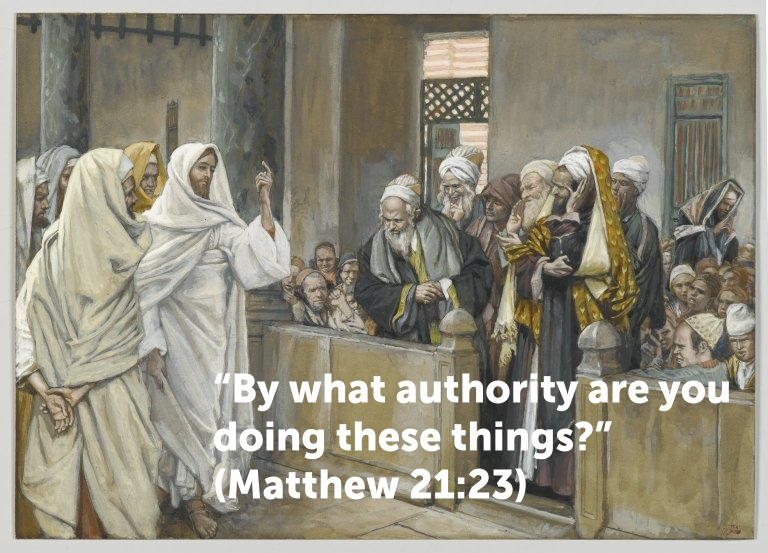
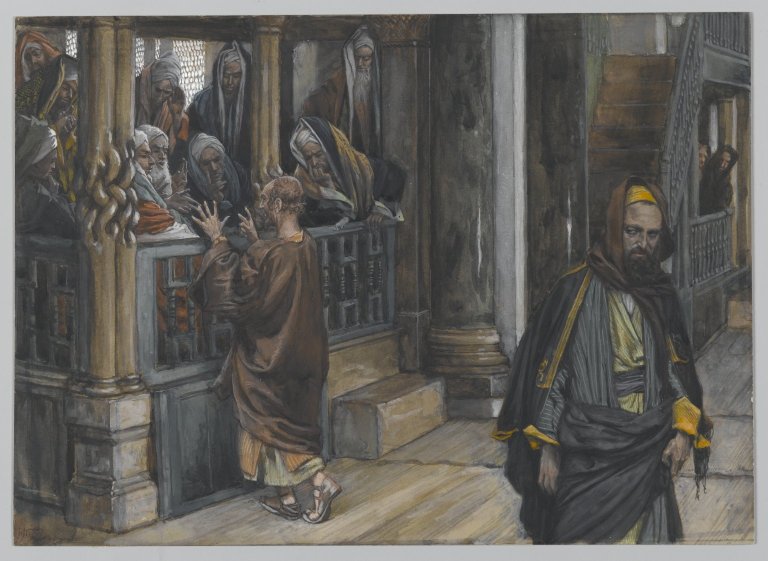
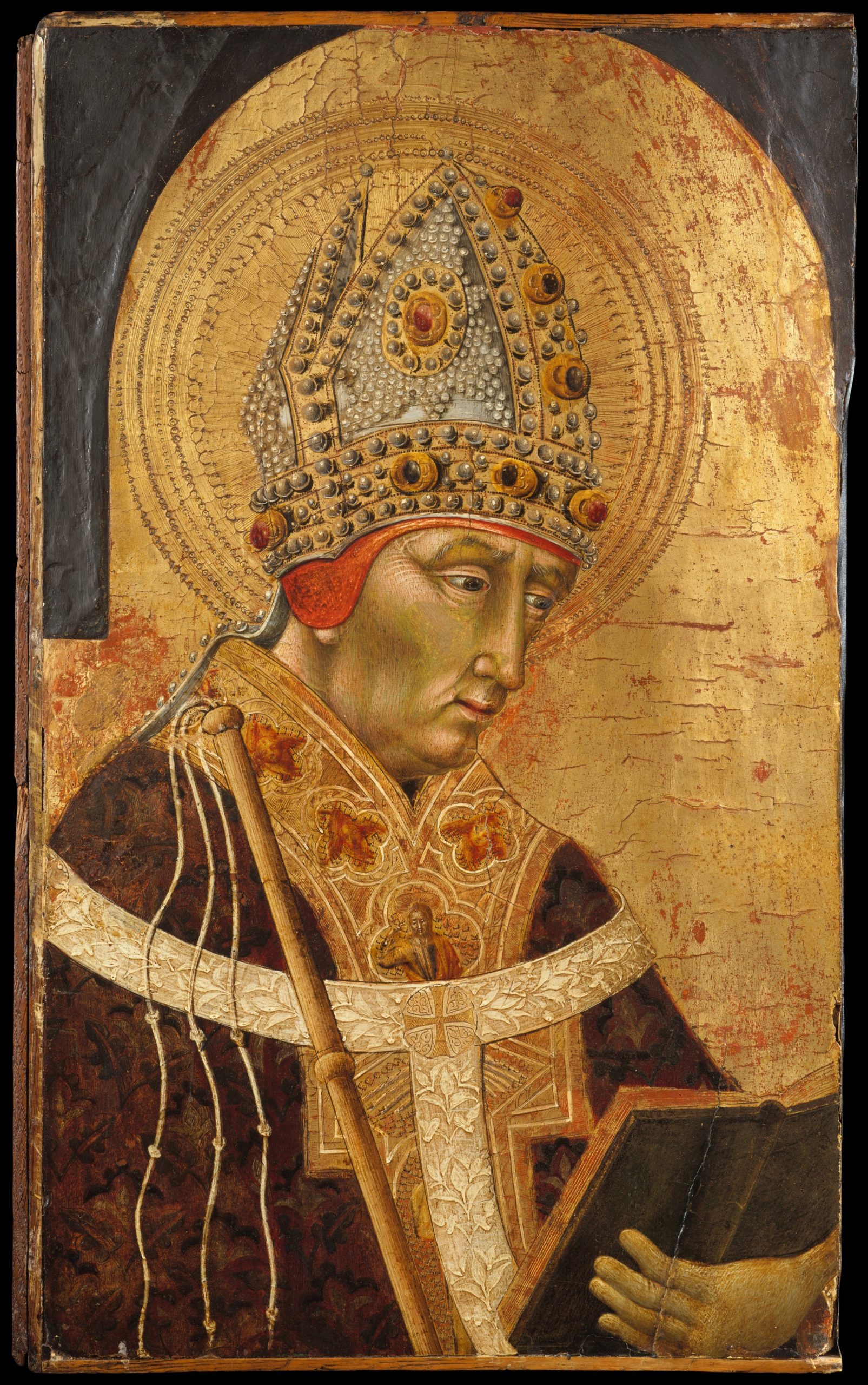
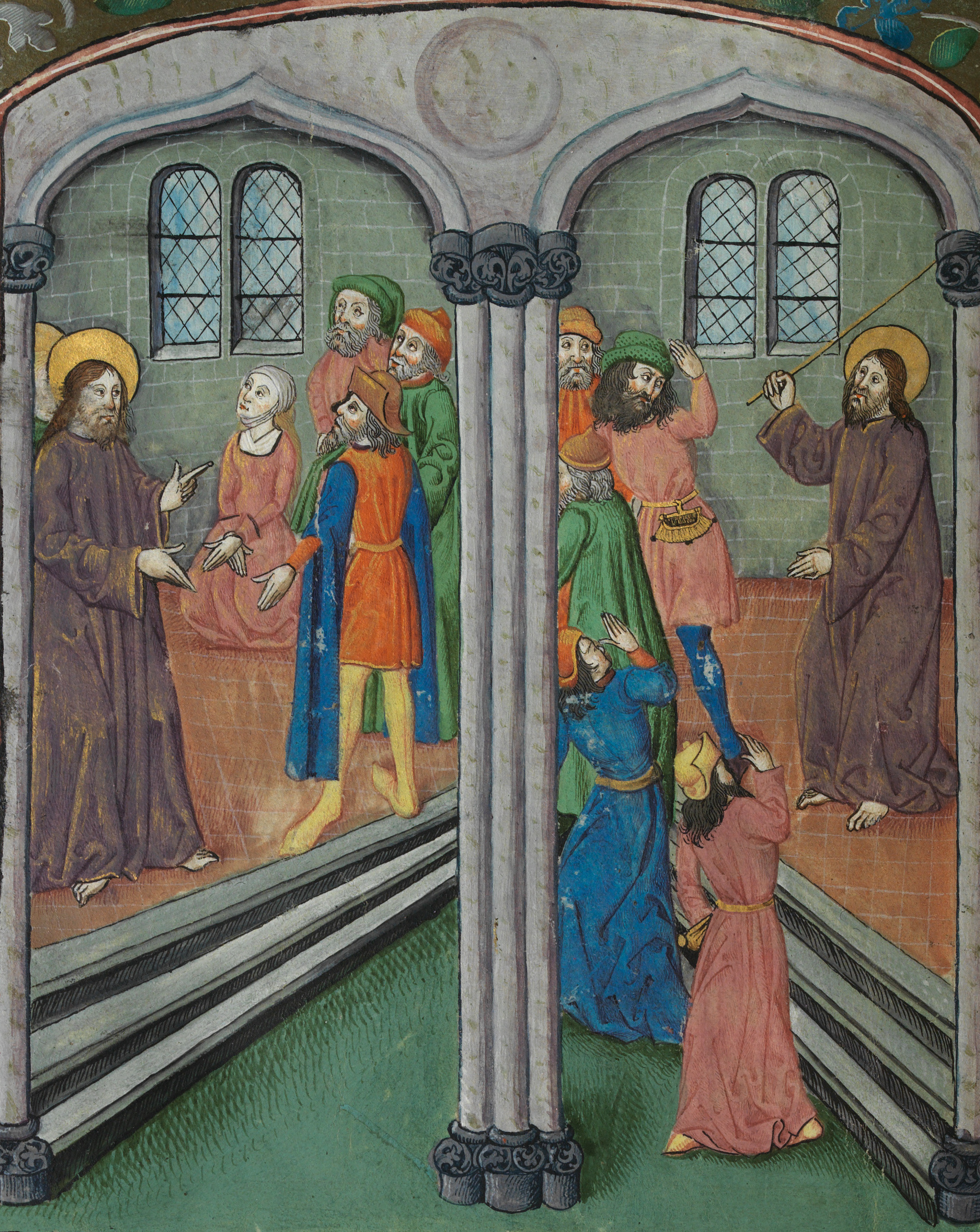
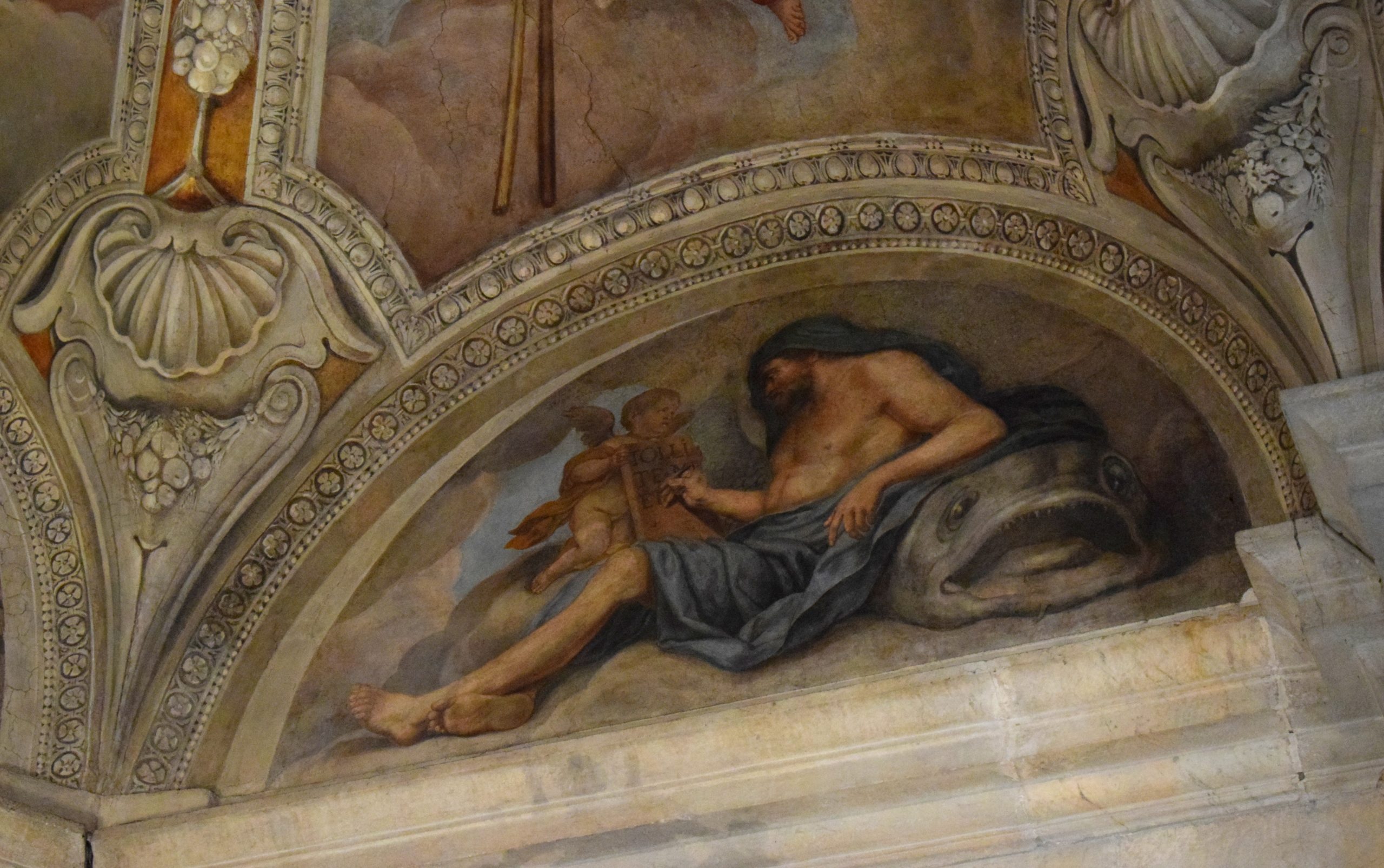
Very nice quotations of remarks from the Gospel…!